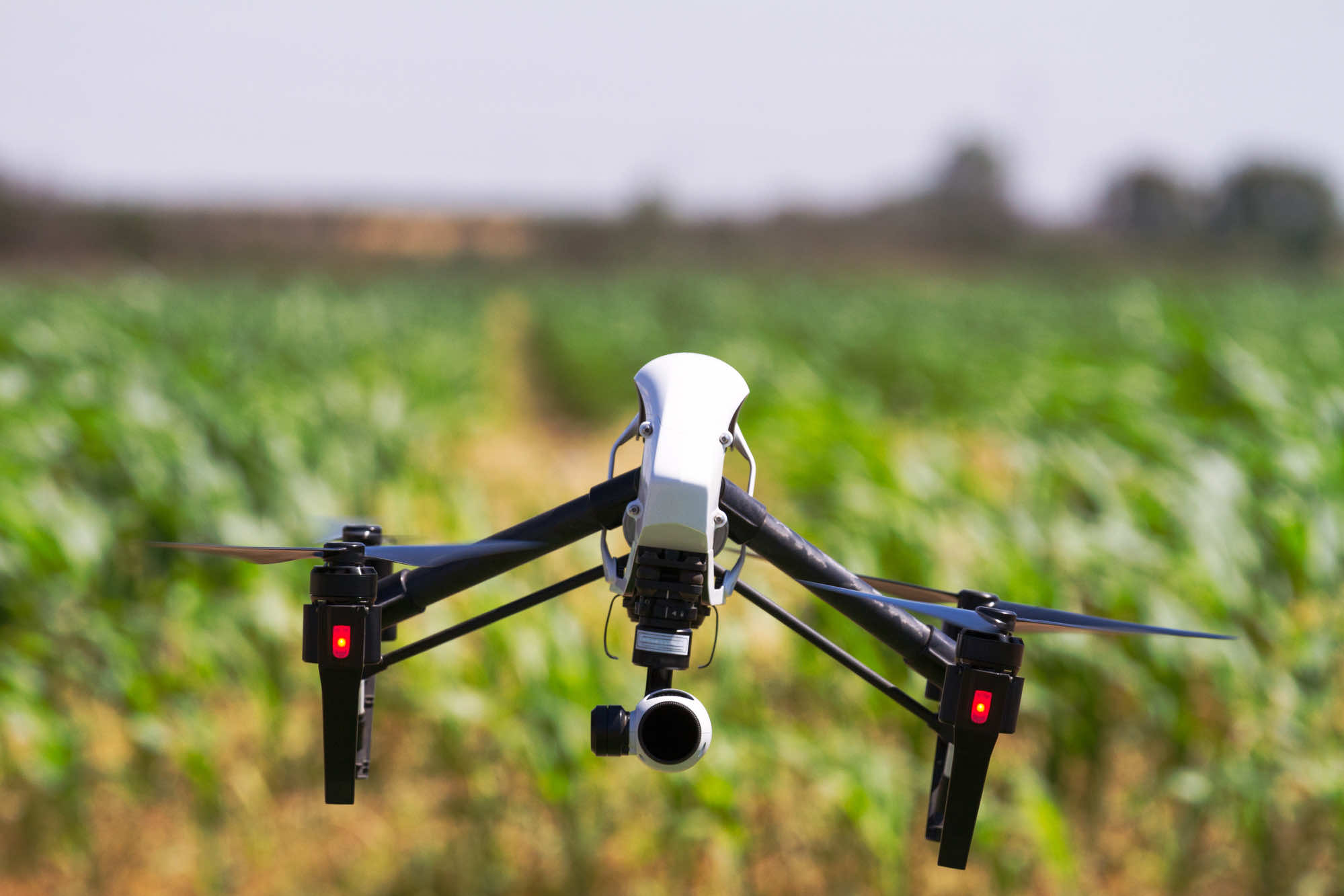By extending the curriculum of Smart Agriculture, “Crop Production Innovation for the Future,” under the operation of Mahidol University, Kanchanaburi Campus, the aim is not only to promote learning in agriculture through suitable technology but also to propel the principles of Precision Agriculture. This involves utilizing technology to increase agricultural productivity accurately and safely within a specified timeframe. This is directed towards a Social Enterprise platform ready to reinvest profits back into the community of Kanchanaburi province, fostering sustainable self-reliance. Through the development of “New Agricultural Products,” by modifying plant varieties to meet consumer market demands, communities can efficiently extend commercial businesses.









